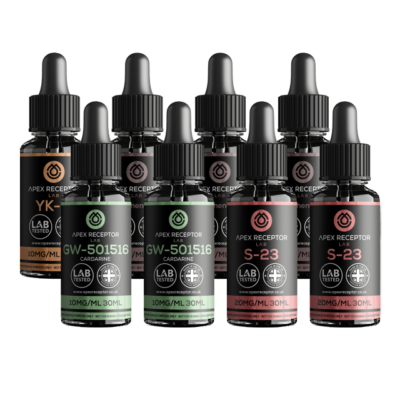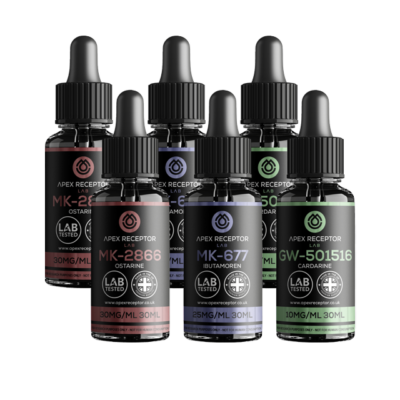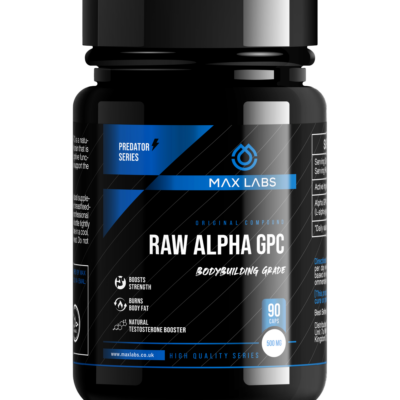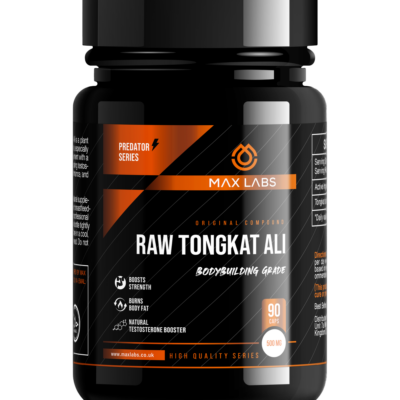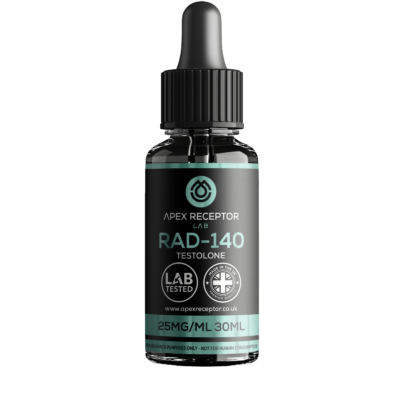Protein is an essential macronutrient critical to muscle growth and overall health. Whether you are bodybuilding for mass or simply looking to stay fit, understanding how much protein you need is crucial.
Protein is the building block of muscles, providing the necessary amino acids for growth and repair. When consumed, protein is broken down into amino acids, which are then used for muscle protein synthesis (MPS). This process is responsible for building and repairing muscles, making it crucial for muscle building.
The amount of protein a person needs can vary depending on their individual goals. Those looking to bulk up may need a higher protein intake to support muscle growth, while those aiming to cut body fat may require less. Understanding your specific goals will help determine your optimal protein intake.
In this article, we will address these common questions and provide guidance on protein intake, the best protein sources, protein for muscle gain, daily protein intake for muscle gain, and the timing of protein consumption. We will also look at how supplements and SARMs can support your muscle growth efforts.

Why Is Protein Important for Muscle Growth?
Protein is crucial for repairing and building muscle tissues. When we exercise, our muscles experience wear and tear, causing microscopic damage to muscle fibres. Protein helps repair this damage and promotes muscle growth.
MPS is how our bodies create new proteins to repair and grow muscles. It involves building new muscle proteins from amino acids, which are the building blocks of protein. MPS is essential for muscle growth, enhancing muscle size, strength, and overall performance.
Amino acids, especially essential amino acids, are vital in stimulating MPS. Leucine, in particular, is a key regulator of MPS and crucial for muscle growth. It activates a signalling pathway that promotes protein synthesis, creating an optimal muscle repair and growth environment.
Protein turnover balances muscle protein breakdown and synthesis, determining muscle growth. Exercise stimulates muscle protein breakdown, while protein intake stimulates protein synthesis. Maintaining a positive protein balance, where protein synthesis exceeds protein breakdown, is key to muscle growth.
Adequate protein intake is essential for proper recovery after workouts. Protein helps repair damaged muscle tissues, reduces muscle soreness, and speeds up recovery. Consuming protein-rich foods or supplements within the post-workout window can optimise muscle recovery and promote muscle growth.
How Protein Can Aid in Weight Loss
Protein aids weight loss by optimising several key processes:
- Increases Satiety: Protein keeps you full longer as it takes longer to digest and stimulates hormones that signal fullness, reducing overall calorie intake.
- Preserve Muscle Mass: During weight loss, the body breaks down muscle and fat. A protein-rich diet helps prevent muscle loss by providing essential amino acids for muscle repair and growth.
- Higher Thermic Effect: Protein has a higher thermodynamic effect (TEF) on food than carbs and fats, meaning it requires more energy to digest, increasing calorie expenditure.
Studies show that high-protein diets effectively reduce body weight, fat mass, and waist circumference compared to higher-carb or higher-fat diets.
If you’re wondering how to lose weight, try incorporating more protein into your diet. Consider including lean protein sources such as chicken, fish, beans, and lentils. Additionally, adding protein-rich snacks like Greek yoghurt, cottage cheese, or protein bars can help increase daily protein intake.
What is the Recommended Daily Protein Intake for Bodybuilding?
Protein is a vital macronutrient for muscle repair, growth, and maintenance. Whether your goal is to shed those extra pounds or build lean muscle mass, protein plays a key role in achieving your desired results.
Optimal Protein Intake for Bulking
If you want to know how much protein you need daily to build muscle, consume 1.6 to 2.2 grams of protein per kilogram of body weight to support muscle growth and recovery. For example, the optimal protein intake for hypertrophy in a 70-kilogram person would be 112 to 154 grams daily.
A caloric surplus is essential for muscle growth, providing extra energy for building and repairing muscle tissue. High-quality protein sources such as lean meats, poultry, fish, eggs, dairy, legumes, tofu, and quinoa are recommended due to their rich essential amino acid content and high bioavailability.
Frequent protein intake every 3-4 hours ensures a steady supply of amino acids, preventing muscle breakdown and promoting a positive nitrogen balance. Protein supplementation for muscle growth like whey isolate, casein, and plant-based powders, can help meet increased protein needs conveniently.
Optimal Protein Intake for Maintenance
To maintain your hard-earned muscle mass, consume 0.8-1 gram of protein per pound of body weight to keep muscles strong. This balanced intake ensures muscles get the necessary protein for muscle development and nutrients for growth and repair.
Protein needs vary with activity levels; more active people need more protein to support muscle needs, while sedentary people need less. Consistency in protein intake is key, as regular consumption provides a steady supply of amino acids.
For practical meals, consider grilled chicken breast with quinoa and vegetables or protein-rich foods like eggs, yoghurt, and legumes. These options effectively help maintain muscle mass.
Optimal Protein Intake for Cutting
Higher protein intake is essential during cutting phases to support muscle preservation, satiety, and hunger control. Aim for 0.8-1.2 grams of protein per pound of body weight.
Adequate protein prevents muscle loss in a caloric deficit by providing the necessary building blocks for muscle repair and retention of lean body mass. Protein-rich foods also help regulate appetite and reduce cravings, making managing hunger easier and avoiding overeating.
Adjusting protein intake to meet caloric restrictions involves prioritising protein-rich foods and ensuring each meal includes a good protein source. Examples of high-protein meals for cutting include:
- Chicken breast with steamed vegetables
- Grilled salmon with quinoa and mixed greens
- Tofu stir-fry with brown rice and assorted vegetables.
These meals combine lean meats, fish, plant-based proteins, and various vegetables to meet protein needs while supporting a cutting phase.
Timing for Protein Intake: Does It Matter?
The timing of protein intake can impact muscle growth and fitness goals. Spreading daily protein requirements for muscle building throughout the day provides a steady supply of amino acids, enhancing muscle protein synthesis and promoting growth.
Consuming protein before and after workouts is crucial for fueling exercise and aiding recovery, leading to better performance and muscle gains. Protein before bed also supports overnight muscle repair and growth.
Frequent protein-rich meals ensure a consistent supply of amino acids for muscle growth and repair. Research supports that spreading protein intake, consuming it around workouts, and having protein before bed optimizes muscle protein synthesis and promotes growth.For more on protein intake, check out our guide: Should You Take A Protein Shake Before Or After The Gym?
What Are The Best Protein Sources?
There are loads of protein sources that can meet your dietary needs, whether animal-based or plant-based, and they are great for macro cycling. Here are some of the best options:
Animal-Based Proteins:
- Lean meats
- Poultry
- Fish
- Eggs
- Dairy products
These sources are rich in essential amino acids and are easily absorbed by the body.
Plant-Based Proteins:
- Legumes (beans, lentils, chickpeas)
- Soy-based products (tofu, tempeh)
- Quinoa
These options are excellent for those following a plant-based diet or looking for alternatives to animal protein.
Protein Supplements:
- Whey protein powder
- Casein protein powder
- Plant-based protein powders (peas, hemp, brown rice)
These supplements are convenient for boosting protein intake, especially for athletes and fitness enthusiasts looking to bulk up.
Focus on protein quality to ensure you get complete proteins containing all essential amino acids. Combining different plant-based sources can achieve this. Additionally, consider sustainable choices like organic or grass-fed animal proteins and locally sourced, environmentally friendly plant-based options.
Using SARMS with a High Protein Diet
SARMs (Selective Androgen Receptor Modulators) are becoming a big hit in the fitness scene because they help boost muscle growth and improve performance. These compounds zero in on androgen receptors, which are key to building muscle, and are powerful when set alongside the protein per day for muscle growth.
One great thing about SARMs is how well they work with a high-protein diet. When you pair SARMs with lots of protein, you can see even better gains in muscle mass and strength. Protein is essential for muscles, helping them recover and grow.
Check out our guide on the Top 5 Sarms for Muscle Building.
To get the most out of SARMs and a high-protein diet, it’s important to pick the right products. In the UK, trusted companies offer top-notch SARMs specifically for muscle growth. These products are tested for purity and effectiveness, so you know they’re safe and work well.
Head to our SARMs shop today and see how SARMs can revolutionise your muscle growth.



